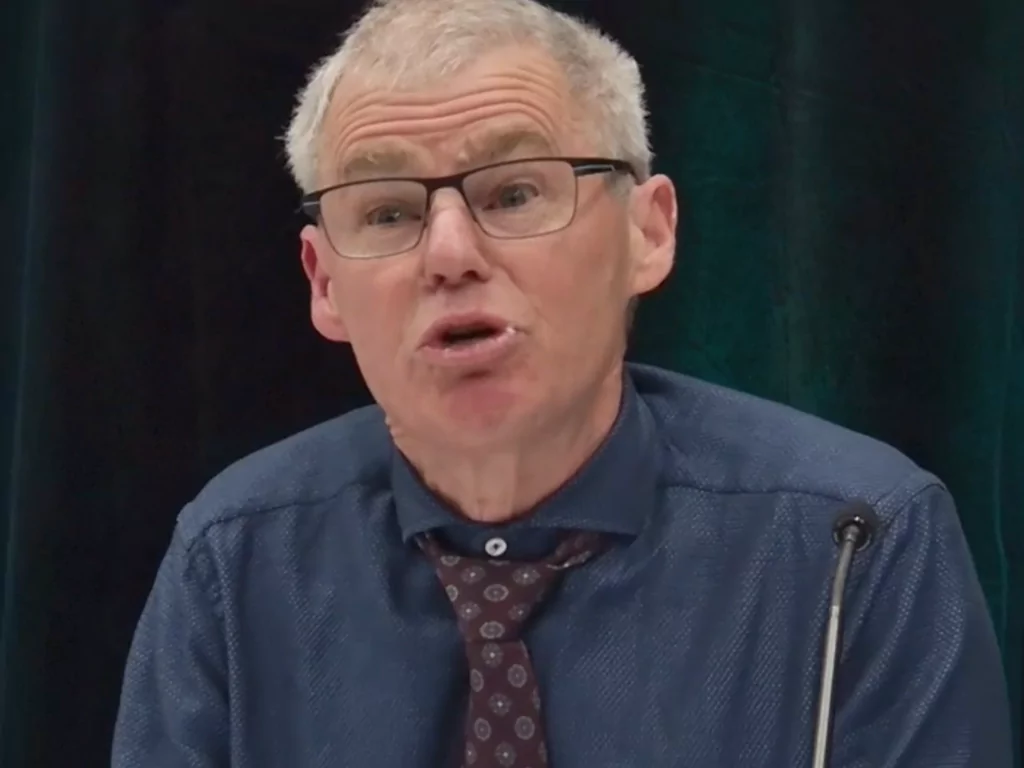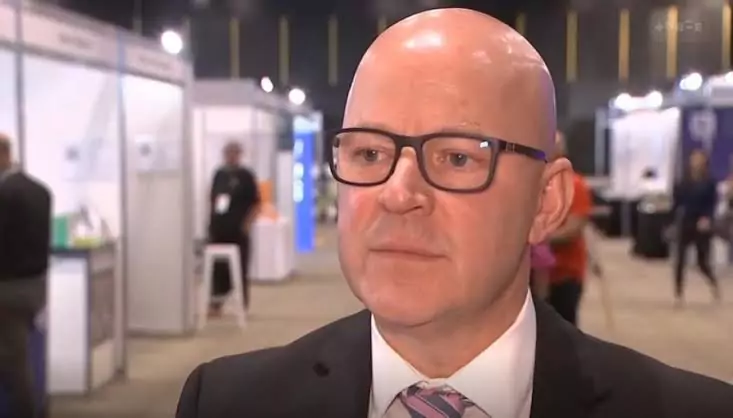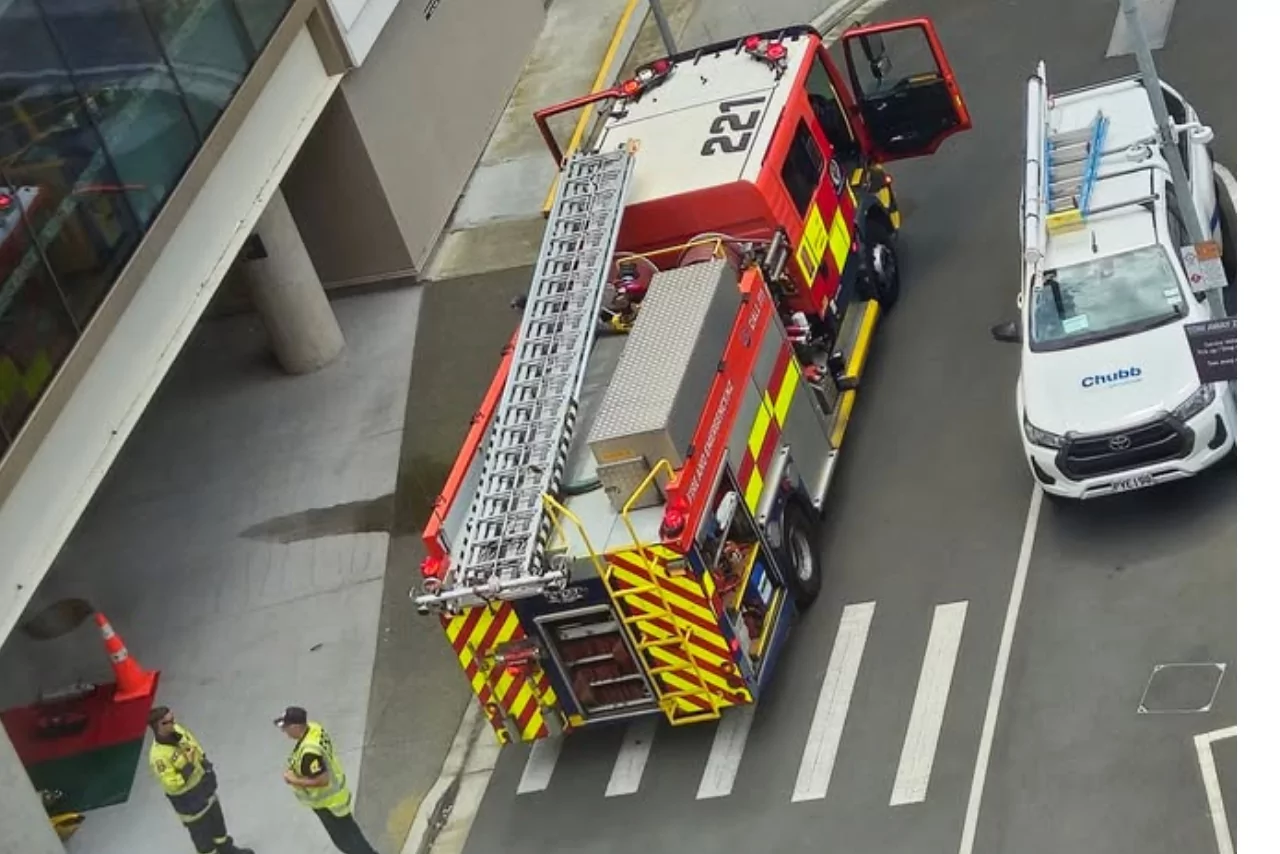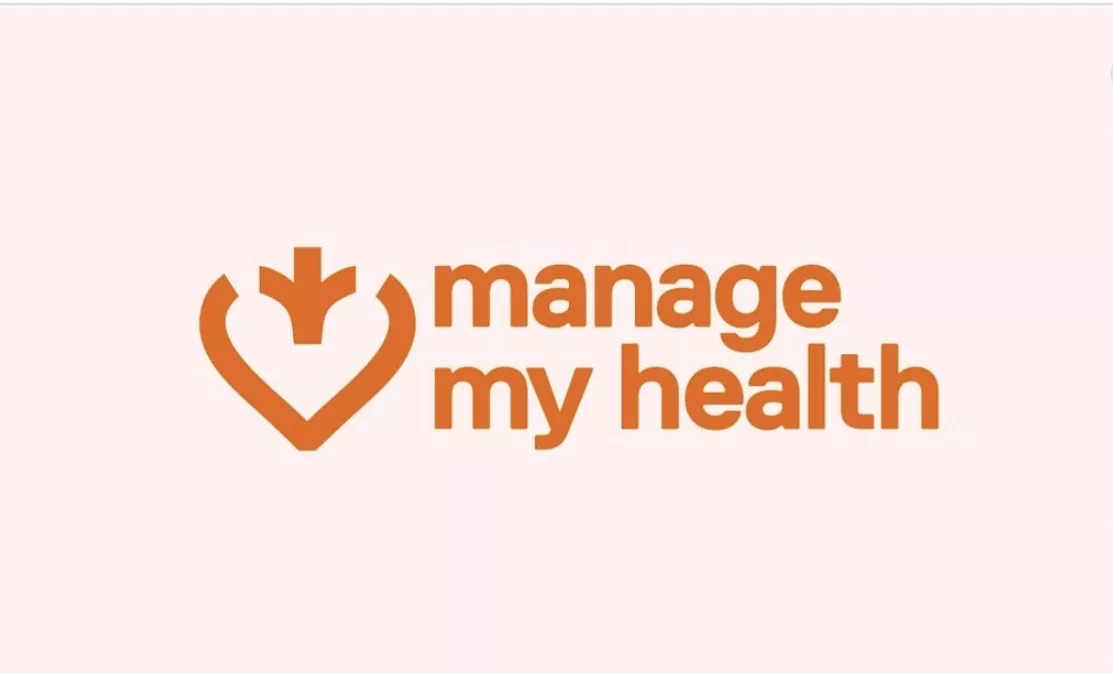Escaped youth tracked by Eagle helicopter, found hiding in New Brighton
The young person who escaped from a youth justice facility in Rolleston has been located...

An immunologist has told the Royal Commission of Inquiry into the Government’s handling of COVID‑19 that shutting down public debate during a pandemic can be justified, so long as officials are relying on the right evidence.
Professor Graham Le Gros, Programme Director for the Vaccine Alliance of Aotearoa New Zealand, was questioned during the public hearing about whether open discussion had been actively suppressed during the pandemic, and whether that was a good thing.
When asked if he accepted that, Le Gros replied, “The government of the day had to consider all the issues they’re dealing with. They know how the hospital system is here to deal with pretty sick people. They know effect on the economy. They know the number of people and groups that could be vulnerable or in all care homes. They that’s a political decision about all the elements that are pandemic far is coming in unknown, and it’s a role to make that decision, not my role is what I’d say.”
Pressed further on whether he would support temporarily shutting down debate for “the greater good,” Le Gros replied, “If they’re dealing with the right evidence? Yes.”
He pointed to clinical trials as justification for the decisions made during the rollout of the vaccine.
“I think there was sufficient evidence supplied [by] the vaccine manufacturers. There were well published clinical studies of the 60,000 people that received the virus before we even started thinking about getting that vaccine.
“I think there’s a lot of evidence out there, and I don’t understand why that was ignored when we actually had some very well done, trials to show how that vaccine worked what it delivered and how safe it was.”
When asked, “is it true to say that after the rollout of the vaccine, even in New Zealand, we did learn of some of those adverse impacts, including myocarditis, from the vaccine?” he responded, “Tragic, we don’t want to go into the details of that.”
“It’s one of the tough things to deal with. And you’ve got facing a pandemic with an unknown virus, which obviously could kill people, young and old people. You roll it out. And sometimes people do strange things in their lives, and that they the vaccine may coordinate with that and cause problems, or some people may be vulnerable to the effects of stimulating the immune system at that phase of their life.
“And we find that young men, and there was cases of other COVID vaccine, the AstraZeneca one, where there’s certain ladies or vulnerable to a sort of a blood clotting thing. But let’s get real here. Very rare. You know, billions of doses have gone out, and we’re talking a few 100 actual cases. Now, I don’t want to downplay the tragedy, that I’m just talk giving the reality we that is actually part of life.”
A commissioner asked whether vaccines had been given to otherwise healthy people who may not have faced those outcomes if left unvaccinated.
Le Gros replied, “This is a really tough area, and I’m reluctant to get into it too much. One has to, one thing that comforts, Well, I do think that you don’t know what would happen if they actually got the real virus, that they may have been some vulnerability to the real virus. Infection.
“Virus really does cause cardiac inflammation. The virus does cause major issues in the lungs. The virus does cause major issues for the vascular cardiovascular system and in the brain, we’ve yet to see what the consequences of this COVID infection has for our bodies long term.”
When told that previous witnesses had cast doubt on the idea that the virus caused myocarditis at higher rates than the vaccine, Le Gros replied, “I read everything, but not really arrogant, because I try and keep up with things. I think that should be debated. Let’s put it this way, that’s, of course, there’s a genuine concern that should be debated and scrutinised.
“And of course, all the cardiologists around (worth their salt) around the world, are looking at those things, and now we have some wonderful tools to work out, has that person been affected that time, or that time, maybe to their cardiac event or not, time will tell, and information will come in the future to see whether there’s actually plausible or causal links, etc. This just wait.”


